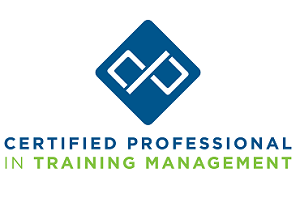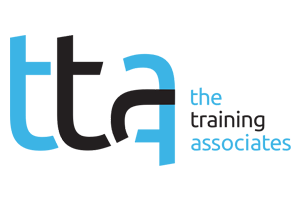Being a good corporate citizen is important — and the last few years may have taught us that we need to do a little better. Having a job is a basic driver for most people, and making the most of the experience is nothing to sneeze at. Many of us have worked in environments that are less than desirable, while others have been lucky enough to land jobs that enhance who they are as professionals and that provide a sense of stability. There is nothing like feeling professionally safe — so, are there things we can do to ensure we contribute to creating this type of environment in our workplace? Indeed, there are.
As we enter a new year, why not take some time not only to reflect on how we reached this point but also to think about what we can do to ensure that 2021 starts off on a positive note? One way we can do so is by better understanding the role we play in our professional community. We should strive to help our colleagues achieve more and better things. We should create experiences that will lead to more peaceful and productive workflows. We should realize that the professional choices we make will enhance or limit our ability to recover from the disconnections many of us experienced in 2020.
We can start by creating meaning. It’s important to understand that it is not anyone else’s job to create meaning in our career. We must choose to do so ourselves. The great news is that it is simple to do, by finding passion in our work, committing to it, caring about the people we work with, communicating effectively when concerns arise and choosing to own our energy. Let’s clarify:
1. Choose to Like What You Do
Even if you are in a temporary job or have a job that is not your dream one, finding ways to appreciate it will go a long way. For example, are there tasks that you are great at that no one else on your team does as well as you? Do you communicate so well that you help avoid errors, ensure clarity, enhance cross-team interactions and help team members feel more involved? Leverage this skill as a way to remind yourself of your value. Do you share many of your organization’s values? Look for commonalities to appreciate being part of something greater than yourself. It all comes down to choice and the things you decide to focus on.
2. Stay Engaged
Being engaged at work will impact your level of commitment not only to your work but also to your team and to the organization that has given you the opportunity to earn a living. It’s not always easy, especially when there are adversarial dynamics among leaders. But what other people choose to focus on not only has nothing to do with you but also should not impact your ability to remain committed to performing at your best. If the environment you find yourself in is less than desirable, find ways to refocus, reconnect and limit your personal interactions with anyone who brings you down.
3. Share Appreciation
Appreciating your colleagues’ efforts is important. Sharing a kind note after a strong contribution to your project or saying a simple “thank you!” is all you need to do. People want to work someone who appreciate their contributions. Make that “someone” you. It will make for better relationships and connections and will also make it easier for your colleagues to help you in urgent situations. In addition, when the appreciation is genuine, you will feel good when you share it.
4. Mind Your Interactions
When issues come up on a team, communication is often the culprit. Be purposeful in your communication, and focus on finding solutions. Communicate, even when you have been ignored. Do your due diligence so that you can be at peace.
Make the work your focus, and things will eventually fall back into place. In the occasional cases when your manager is not doing his or her part, do yours, and create a better experience for yourself. Simply put: Decide that you can have a positive impact, and make it count!
5. Choose Your Energy
Your mental energy can help you be a better colleague and a more productive professional. Often, when an organization or team is going through challenging times, it takes a toll on team members on a personal level. You must maintain a positive energy level if you are to manage yourself in this situation.
Optimize your mental energy by sleeping well, working out, appreciating your surroundings, and removing yourself from negative situations and negative conversations. Focusing on your work’s mission and projects will help you keep your personal power and inner peace.
6. Develop Good Habits
These first five points will not keep you successful unless you create a method for habitual practice. Remember not to react to others’ reactions to you, and make irrelevant anyone who seems to impact your well-being negatively. This way, you can maintain your focus on your skills, your contributions, and your ability to help your team and organization, even if that person is in a position of authority.
Stay grounded, and stay gracious. Not everyone understands his or her impact, even leaders. When and if the person returns to a positive state of mind, not only will that person appreciate that you maintained your composure, but you will also leave him or her with a lesson in professionalism.
Being a good corporate citizen is not always easy, but it is the key to a successful professional experience. Organizations go through ups and downs — some, it seems, on a continuum. You can leverage emotional intelligence, resilience, focus and appreciation to enhance your corporate citizenship. People appreciate working with people who maintain their enthusiasm, as it makes them easier to work with and promotes the unique qualities they bring to the team.
Here is the challenge I urge you to take on this year: How will you commit to serving yourself, your team and your organization as a good corporate citizen?




